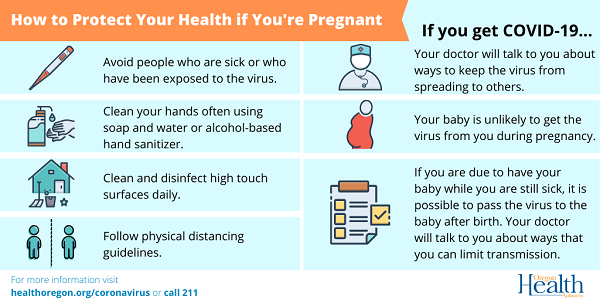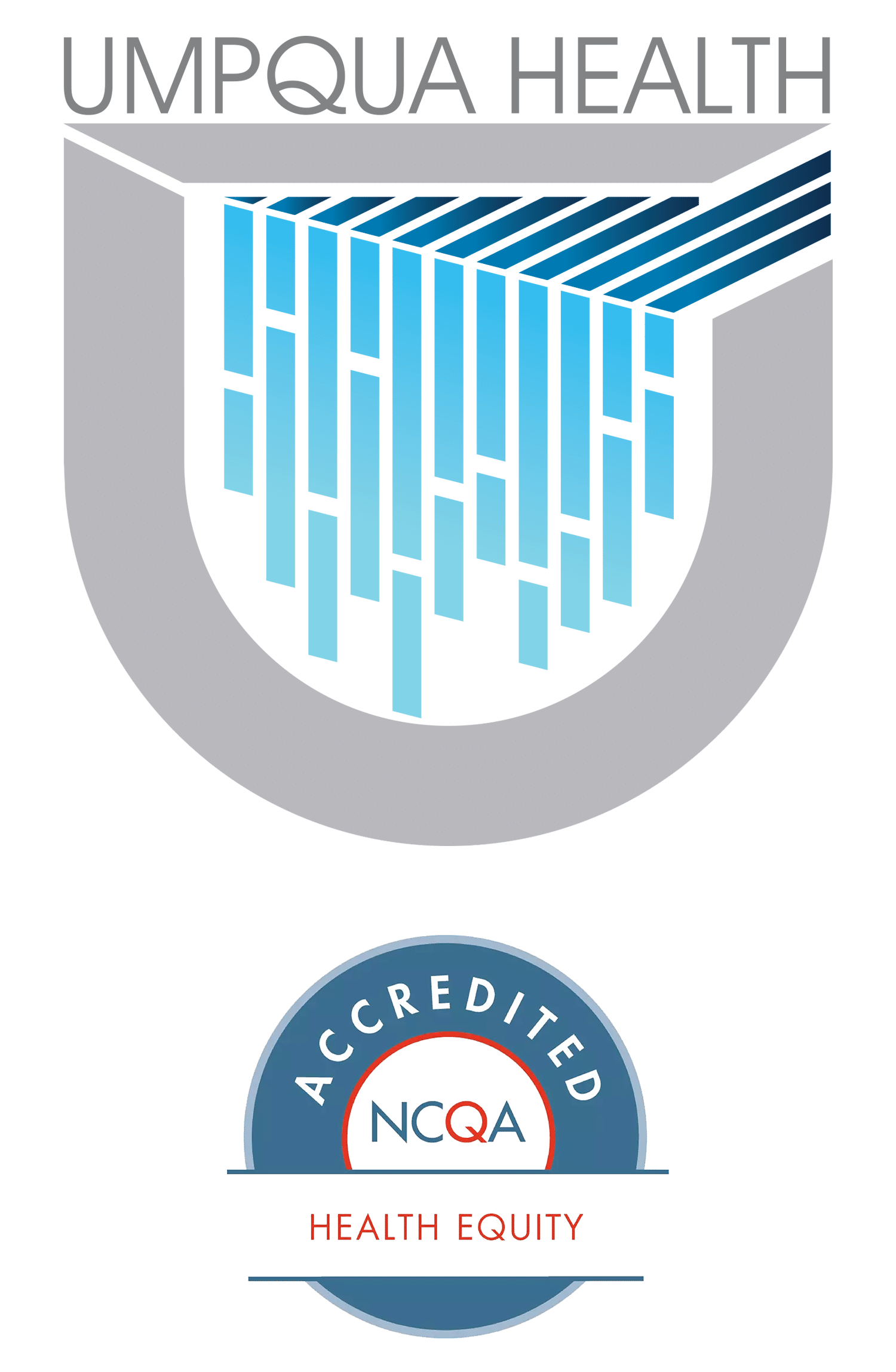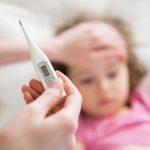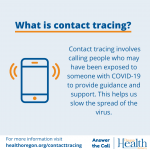Protecting yourself during pregnancy and your newborn afterward

Pregnant women are at greater risk of getting respiratory, which can be dangerous for the mother and child. This is why it is especially important for pregnant women to be mindful about reducing their risk of getting sick from COVID-19.
While it is unlikely for a mother to transmit COVID-19 to their child during pregnancy, it is possible that a newborn can be infected after being in close contact with a person with COVID-19, such as the mother or other caretaker. However, a small number of problems, such as preterm birth, have been reported in cases where the mother tested positive to COVID-19 late in their pregnancy.
Here are some guidelines for pregnant people to protect their health and the health of their child:
- Do not skip your prenatal or postpartum care appointments. If you are concerned about exposure during your appointment, contact your health care provider to address those concerns.
- Practice social distancing. Avoid people who are sick or who have been exposed to the virus. Stay home, or stay at least six feet away from people who do not live in your home.
- Wash your hands often, and for at least 20 seconds. Make sure you are washing and/or disinfecting your hands with alcohol-based hand sanitizer, especially after touching other people, after touching surfaces outside your home or items brought into your home, after going to the bathroom or changing diapers, after blowing your nose, coughing, or sneezing, after handling dirty laundry, before eating or preparing food, and before breastfeeding.
- Disinfect high touch surfaces regularly. Clean doorknobs, light switches, purses, phones, and anything else that may have been touched by someone from outside your home.





